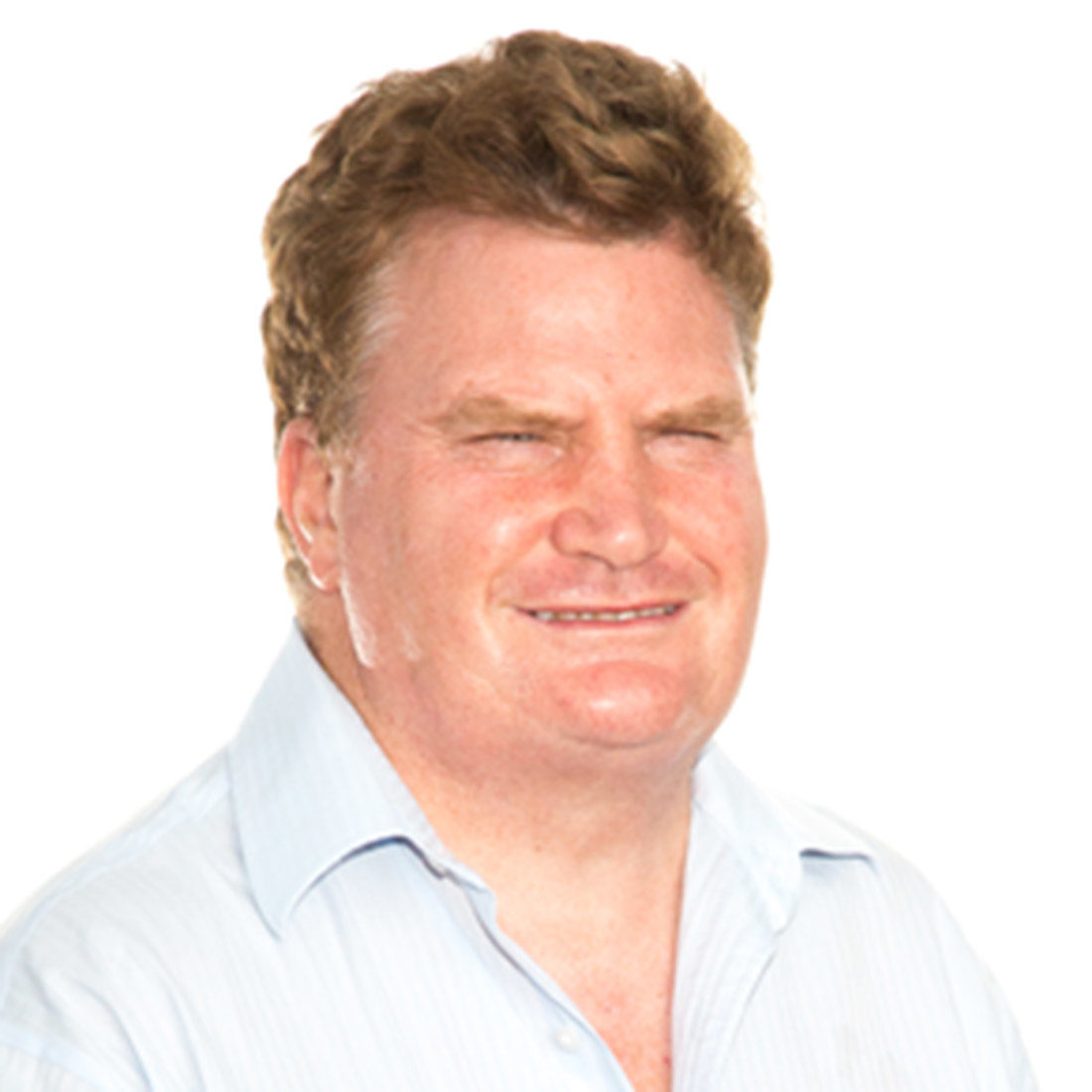Nick Gleeson
Hello Nick, thank you for agreeing to this interview. What gave you the idea for your recently published book, The Many Ways of Seeing?
My initial thoughts were not for a book. I reached the stage of my life when I thought it was important to write down some of the things I have been through for others.
I found about Varuna House from my friend, Caroline Van der Pol, who suggested that I stay there with my seeing eye dog for a week to have some time out. If I happened to do some writing that would be good but it was mainly to have some solitude. There you have no telecommunications; no dstractions; you are just by yourself. At nighttime you come together for dinner and meet up with the other three people who are also writing. I didn’t feel like a writer but I loved meeting them and hearing what they were doing as writers. You have the option of a writing mentor. My mentor was Peter Bishop who was so passionate and enthusiastic about my writing. I thought you had to become a writer, you had to learn to become a writer, but Peter explained that it is not like that. Then he came up with the suggestion of putting this book together; that a book like this would be very beneficial to people.
I have never seen writing as a hardship. I wrote when I wanted to and would often get up in the middle of the night. Unfortunately I did not go through the process of laboring over it for ten years as some writers do.
When you say unfortunately. What do you mean?
Sometimes people feel they have to rewrite so often that the writing loses its spontaneity and I hoped that would not happened with mine. I did a rough draft of course and did some rewriting. I chose places I liked to write. Often at 2am with the window open and the breeze blowing, when all my senses were awakened. For me writing is about finding the right spot and the right time to write. Knowing that the tall native tress outside my window were standing with me while I was writing. Being in the city I noticed the removal of sounds that intrude in my life in surburbia – that’s what I really liked.
You have done so many amazing things. For you what were the highlights?
For me it was the friendship that came from each and every adventure I have been involved in. For me it is that shared experience. In my case you have someone who is totally blind and another person who accepts the role, of either it is guiding me up a mountain, or across a rapid river, or across a desert. For them it adds enormous value to their lives as well as mine. A lot of those things could be done on their own but this adds another dimension to their experience.
So it is a real exchange of skills and friendship?
Yes, and a commitment to wanting to achieve a goal and remaining quite disciplined about achieving that goal. And knowing the euphoria that standing on top of Mt Kilimanjaro would bring.
The title of the book, The Many Ways of Seeing, is quite evocative. Can you tell us something about why you chose that title?
I suppose it came from the shock of the initial reality of becoming totally blind and for me it was the discovery that there are so many other ways of experiencing the world. I started to discover strategies to achieve goals that others did with sight, that I could do without sight. Often I found that I could actually experience equally if not more than the other people using my other senses.
You are such a positive person. You have taken what to others would be a major loss and turned it around to enable yourself to have a richer life than many sighted people. Other people can undergo losses and they don’t make that transition. What where your influences?
In my case it came from the love of my parents and close friends. I came from an extremely poor background on the outskirts Melbourne. My Dad was hard working. He was always trying to encourage my brother (who was also blind) and me to do the things we wanted to do. My Dad used to take us for a drive and get us to totally experience the bush. However it wasn’t all clear sailing. Dad had issues with alcohol. My mother was amazing. She was extremely house proud and insisted that her children always looked neat and clean. Before I became blind I often saw her on her hands and knees scrubbing the floors. That memory of her remains with me. Even though she was nervous she understood that I needed to do the same things as other eleven year old boys.
You have a really strong imagination.
Yes, even though I am blind I have a very strong visual awareness of how the world might be.
Thank you for chatting with me. We are really looking forward to hearing you speak at the St Albans Writers’ Festival.


